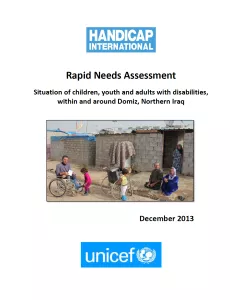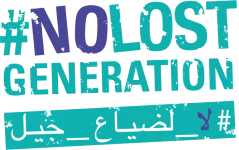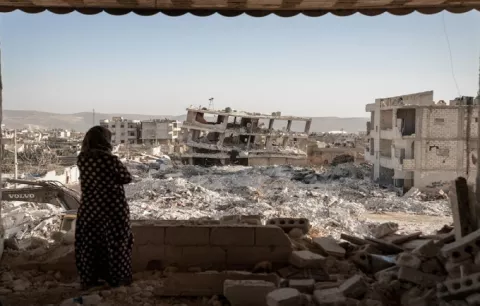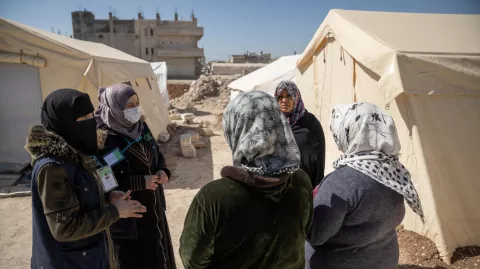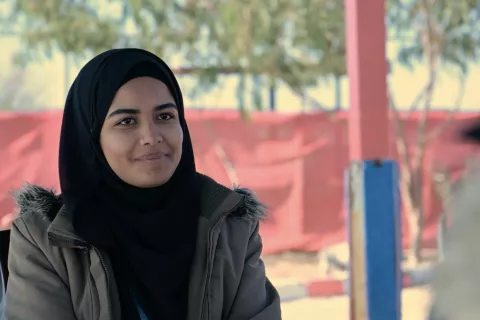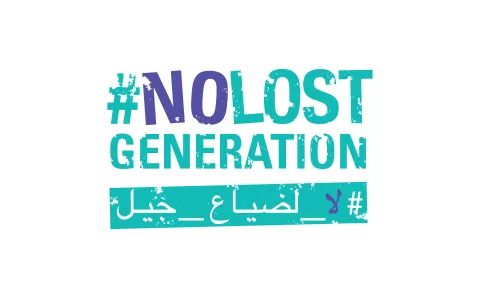Situation of children, youth and adults with disabilities around Domiz, Northern Iraq
Handicap International and UNICEF
Highlights
Invisible at the best of times, persons with disabilities (PWD) are among the most neglected during displacement. Due to communication or physical barriers, negative attitudes or other obstacles, persons with disabilities face hurdles in accessing assistance and protection. It is therefore important to ensure that these barriers and obstacles are removed by all actors, so that people with disabilities can enjoy equal protection and rights during their displacement in and around Domiz, Northern Iraq.
The objective of the Rapid Needs Assessment (RNA) was to understand the situation of children, youth and adults with disabilities within and around Domiz camp, in Northern Iraq. The RNA findings will contribute to an evidence base for inclusive protection for actors involved in the humanitarian response to the Syrian crisis in Iraq and the region.
The RNA methodology consisted of 6 focus groups, 77 interviews, and 388 surveys conducted with local and international service providers, children with disabilities and parents, adults with disabilities, non-disabled adults, older adults, sector camp leaders, and local authorities. The RNA explored the needs of refugees living in Domiz camp as well as those living in an urban area in the host community.
Among key recommendations, the need for coordinated disability and vulnerability focal points and for community structures was identified. Persons with disabilities want to access vocational training and access inclusive education. Persons with disabilities should be involved actively as collaborators in programming.
